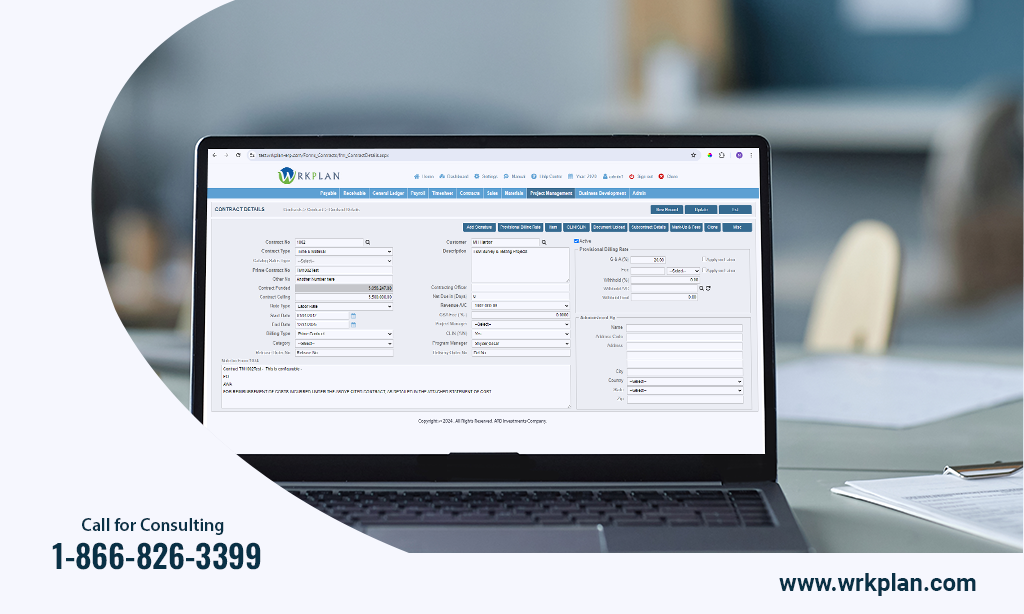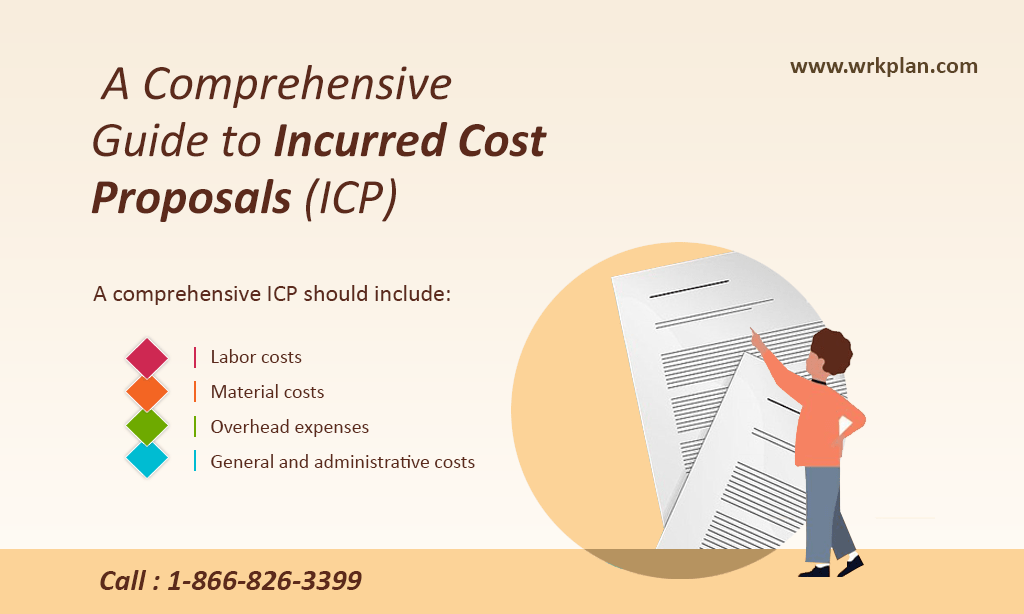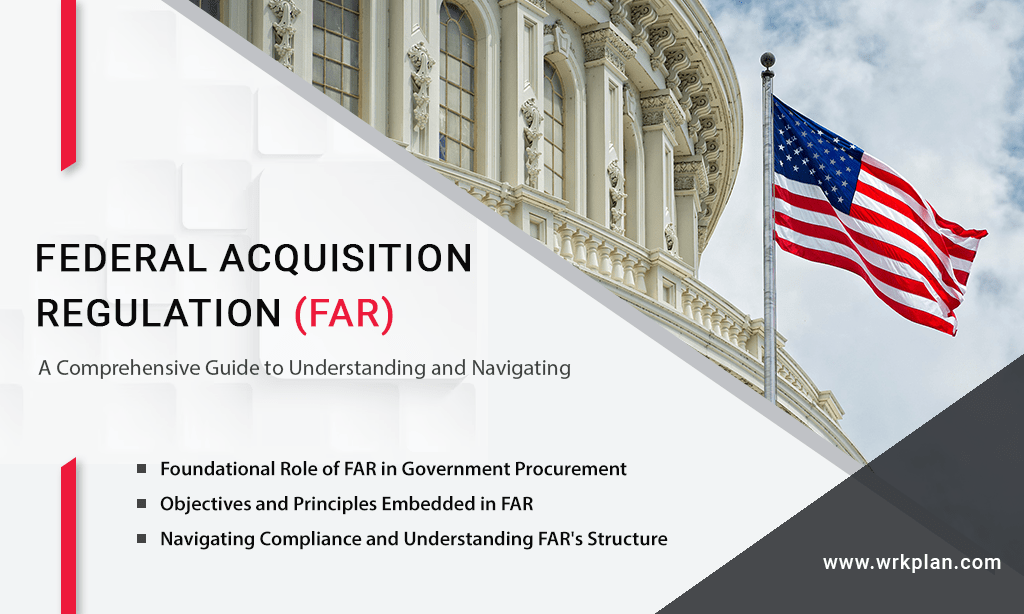The Defense Contract Management Agency (DCMA) is responsible for ensuring that contractors comply with government regulations and contractual requirements. As part of this responsibility, DCMA conducts compliance inspections to verify that contractors are meeting their obligations. In this article, we’ll explore what to expect during a DCMA compliance inspection and how contractors can prepare for one.
What to Expect During a DCMA Compliance Inspection
DCMA compliance inspections can be both scheduled and unscheduled. During an inspection, DCMA will typically review the contractor’s compliance with the following:
- Contractual requirements: DCMA will review the contract terms and conditions to ensure that the contractor is meeting all requirements.
- Quality control systems: DCMA will review the contractor’s quality control systems to ensure that they are effective and in compliance with applicable regulations and industry standards.
- Government property: DCMA will review the contractor’s management of government-furnished property (GFP) and contractor-acquired property (CAP).
- Subcontractor management: DCMA will review the contractor’s management of subcontractors to ensure that they follow contractual requirements.
- Cost accounting systems: DCMA will review the contractor’s cost accounting systems to ensure that they follow government regulations.
During the inspection, DCMA will typically review documents and records, interview personnel, and conduct a physical inspection of the contractor’s facilities and processes. After the inspection, DCMA will issue a report detailing their findings and any corrective actions that need to be taken.
How to Prepare for a DCMA Compliance Inspection
To prepare for a DCMA compliance inspection, contractors should take the following steps:
- Review the contract: Contractors should thoroughly review the contract terms and conditions to ensure that they follow all requirements.
- Conduct self-assessments: Contractors should conduct regular self-assessments to identify areas where they may not comply and take corrective action as needed.
- Maintain accurate records: Contractors should maintain accurate and up-to-date records to demonstrate compliance with contractual requirements.
- Train personnel: Contractors should provide regular training to personnel to ensure that they understand their roles and responsibilities in complying with contractual requirements.
- Have a plan in place: Contractors should have a plan in place for responding to a DCMA compliance inspection, including designated personnel to interact with the DCMA inspectors and a process for addressing any findings.
In conclusion, DCMA compliance inspections are an important part of ensuring that contractors comply with government regulations and contractual requirements. By understanding what to expect during an inspection and taking steps to prepare for one, contractors can help ensure that they comply and avoid any negative consequences that may result from non-compliance.
Visit WrkPlan.com for all of your GovCon needs!













